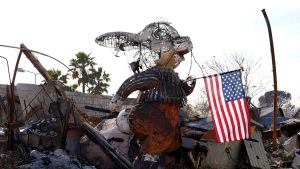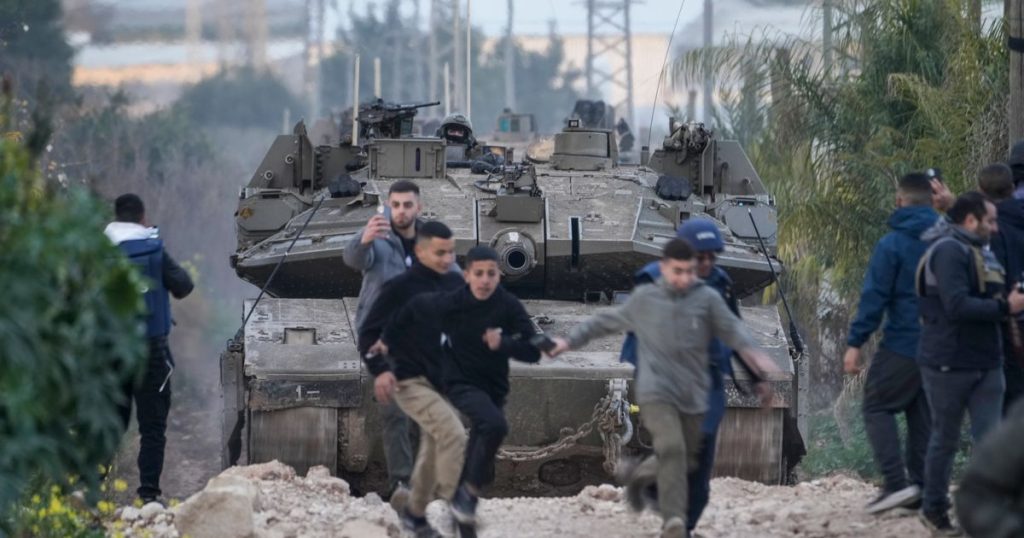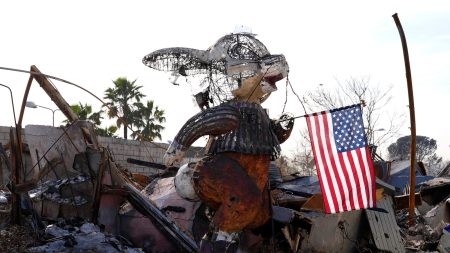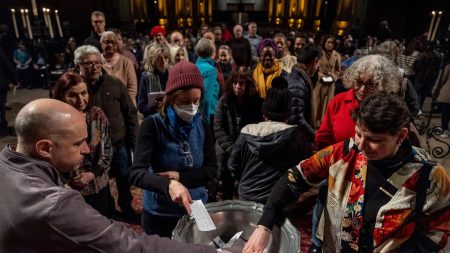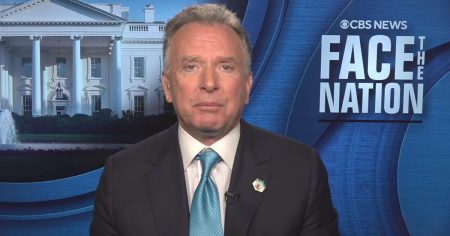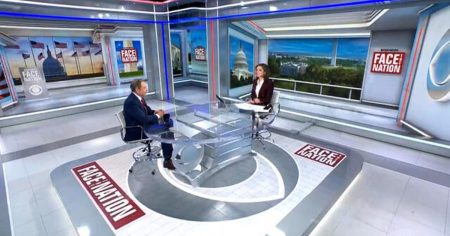Israeli Tanks Enter West Bank for First Time in Decades Amid Escalating Tensions
In a significant escalation of tensions in the West Bank, Israeli tanks rolled into the city of Jenin on Sunday, marking the first time such a deployment has occurred since 2002. This move comes as Israel intensifies its crackdown on Palestinian territories, with Defense Minister Yoav Gallant stating that Israeli troops will remain in parts of the West Bank for at least the next year. The decision has sparked widespread concern among Palestinians, who view the incursion as an attempt to consolidate Israeli control over the region. The tanks were seen moving into Jenin, a city long known as a hub of resistance against Israeli occupation, as part of a broader military offensive launched by Israel on January 21. This offensive, which initially focused on the northern West Bank, has since expanded to other areas, causing widespread destruction and displacement.
Israeli Defense Minister Signals Long-Term Military Presence
Defense Minister Gallant emphasized that the Israeli military will increase its operations in refugee camps across the West Bank, aiming to "thwart terrorism." He also indicated that Palestinians who have fled these areas would not be allowed to return, effectively declaring that the military intends to maintain a long-term presence in the region. This announcement has been met with alarm by Palestinian leaders, who argue that such measures amount to a form of collective punishment and further entrench Israel’s control over the West Bank. The United Nations has confirmed that approximately 40,000 Palestinians have fled the affected areas, leaving them largely devoid of residents. The indefinite nature of this displacement has raised serious humanitarian concerns, as many of those forced to leave are now unable to return to their homes or livelihoods.
Palestinians decry Israeli actions as a bid to entrench occupation
The Palestinian foreign ministry has strongly condemned Israel’s actions, describing them as a "dangerous escalation" of the situation in the West Bank. In a statement, the ministry called on the international community to intervene, characterizing Israel’s actions as illegal aggression. Palestinians view the Israeli military’s actions as part of a broader strategy to consolidate control over the West Bank, a region that has been under Israeli military rule since 1967. The current offensive has led to significant destruction in urban areas, with many homes and businesses being damaged or destroyed. The Israeli military has defended its actions as necessary to combat militancy, but Palestinian leaders argue that the measures are disproportionate and amount to a form of occupation by force.
Netanyahu under pressure to crack down on West Bank militancy
The Israeli government’s decision to deploy tanks and maintain a long-term military presence in the West Bank comes amid intense political pressure on Prime Minister Benjamin Netanyahu to take a tough stance on security. Netanyahu’s far-right coalition partners have been urging him to crack down on Palestinian militancy, particularly in the wake of a surge in attacks targeting Israeli civilians and soldiers. The prime minister has obliged, with the Israeli military launching one of its most extensive operations in the West Bank in decades. The offensive has resulted in the deaths of more than 800 Palestinians since October 2023, according to UN figures. While Israel maintains that most of those killed were militants, the deaths of civilians, including stone-throwing youths and bystanders, have drawn widespread condemnation.
International community urged to intervene as humanitarian crisis deepens
The humanitarian situation in the West Bank continues to deteriorate, with thousands of Palestinians displaced by the ongoing military operations. The United Nations has expressed grave concern over the impact of the conflict on civilians, particularly in refugee camps that have been targeted by Israeli forces. The international community has been called upon to intervene, with Palestinian leaders accusing Israel of violating international law and perpetuating a cycle of violence. The deployment of tanks to Jenin has been seen as a symbol of the escalating conflict, with many fearing that the situation could spiral further out of control. The UN has also highlighted the need for urgent action to address the humanitarian needs of those affected by the conflict, including access to food, shelter, and medical care.
Regional implications and the role of the international community
The deployment of Israeli tanks to the West Bank has significant regional implications, as it risks exacerbating tensions not only with the Palestinians but also with neighboring countries. The international community, including the United States and European powers, has been urged to take a more active role in mediating the conflict and preventing further escalation. The situation in the West Bank is deeply interconnected with the broader Israeli-Palestinian conflict, including the ongoing tensions in Gaza and the stalled peace process. As the situation continues to deteriorate, there are growing calls for a renewed international effort to address the root causes of the conflict and work towards a sustainable and just resolution. The international community’s response to the current crisis will be crucial in determining whether the region can move towards peace or becomes further entrenched in conflict.
